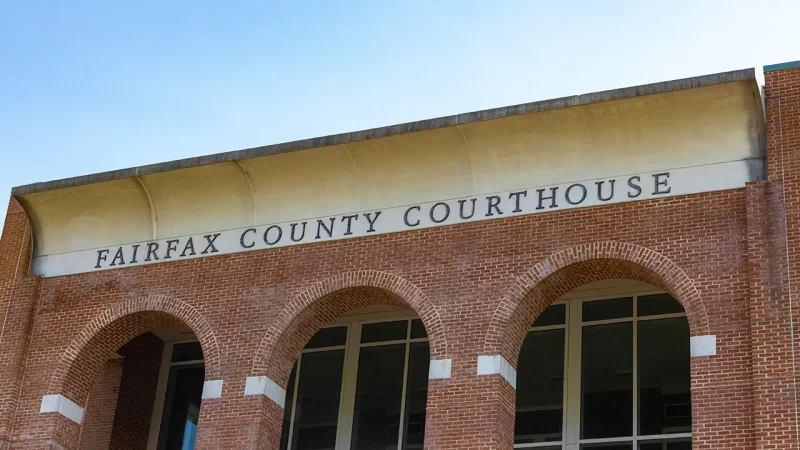A Virginia judge determined that frozen human embryos are legally considered property, using a 19th century law regarding the treatment of slaves as the legal reasoning for his decision.
A preliminary opinion issued last month by Fairfax County Circuit Court Judge Richard Gardiner is under scrutiny from lawyers who believe the judge wrongfully justified his decision based on measures from Virginia’s history when it was legally permissible to own human beings.
The ruling from Gardiner, a district court judge for the 19th Judicial District of Virginia, came amid a dispute between a divorced man and woman in which the ex-wife wants to use two frozen embryos the couple created when they were married to conceive another child.
‘It’s repulsive and it’s morally repugnant,’ Susan Crockin, a lawyer and scholar at Georgetown University’s Kennedy Institute of Ethics and an expert in reproductive technology law, told The Associated Press of the ruling.
Gardiner’s decision is not final as he has not yet ruled on other arguments in the case involving Honeyhline and Jason Heidemann, a divorced couple fighting over two frozen embryos that remain in storage.
Honeyhline, 45, wants to use the embryos, but her ex-husband Jason objects.
Initially, Gardiner sided with Jason. The law at the heart of the case governs how to divide ‘goods and chattels.’ The judge ruled that because embryos could not be bought or sold, they couldn’t be considered as such and therefore Honeyhline had no recourse under that law to claim custody of them.
But after the ex-wife’s lawyer, Adam Kronfeld, asked the judge to reconsider, Gardiner conducted a deep dive into the history of the law. He found that before the Civil War, it also applied to slaves. The judge then researched old rulings that governed custody disputes involving slaves, and said he found parallels that forced him to reconsider whether the law should apply to embryos.
In a separate part of his opinion, Gardiner also said he erred when he initially concluded that human embryos cannot be sold.
‘As there is no prohibition on the sale of human embryos, they may be valued and sold, and thus may be considered ‘goods or chattels,” he wrote.
Crockin said she’s not aware of any other judge in the U.S. who has concluded that human embryos can be bought and sold. She said the trend, if anything, has been to recognize that embryos have to be treated in a more nuanced way than as mere property.
Neither of the Heidemanns’ lawyers ever raised the slavery issue. They did raise other arguments in support of their cases, however.
Jason’s lawyers said allowing his ex-wife to implant the embryos they created when they were married ‘would force Mr. Heidemann to procreate against his wishes and therefore violate his constitutional right to procreational autonomy.’
Honeyhline’s lawyer argued that her right to the embryos outweighs her ex-husband’s objections, partly because he would have no legal obligations to be their parent and partly because she has no other options to conceive biological children after undergoing cancer treatments that made her infertile.
The Associated Press contributed to this report.


